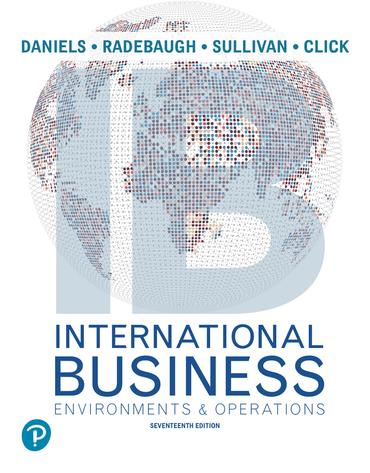Worldwide, companies are plagued by piracythe illegal imitation, copying, or counterfeiting of their intellectual property. IP theft
Question:
Worldwide, companies are plagued by piracy—the illegal imitation, copying, or counterfeiting of their intellectual property. IP theft is big business, but it is also cuts to issues of history, culture, politics, income, development, innovation, competitiveness, and prosperity. Piracy's pervasiveness and tenacity in the face of an ever-expanding set of intellectual property rights laws, policies, and treaties raise profound questions for the software industry in particular and intellectual property rights in general. Piracy gets a huge boost from the increasing availability of counterfeit goods through Internet channels, such as P2P file-sharing sites, mail-order sites, auction sites, or the dark web. Outgunned and outfoxed, some companies surrender. The case ends with a legitimate question enquiring of the inevitability of piracy.
Questions
1. Would you expect piracy to thrive in a democracy or, alternatively, a totalitarian state? Why?
2. Can you envision a scenario where developers and consumers of IP develop a relationship that eliminates the profitability of piracy?
3. Put yourself in the place of a poor individual in a poor country struggling to improve the quality of your life. What thoughts might shape how you interpret the legality of IPRs? Would it matter if those IPRs were held by Western MNEs?
Step by Step Answer:

International Business
ISBN: 9780137392322
17th Edition
Authors: John D. Daniels, Lee H. Radebaugh, Daniel P. Sullivan, Reid W. Click





